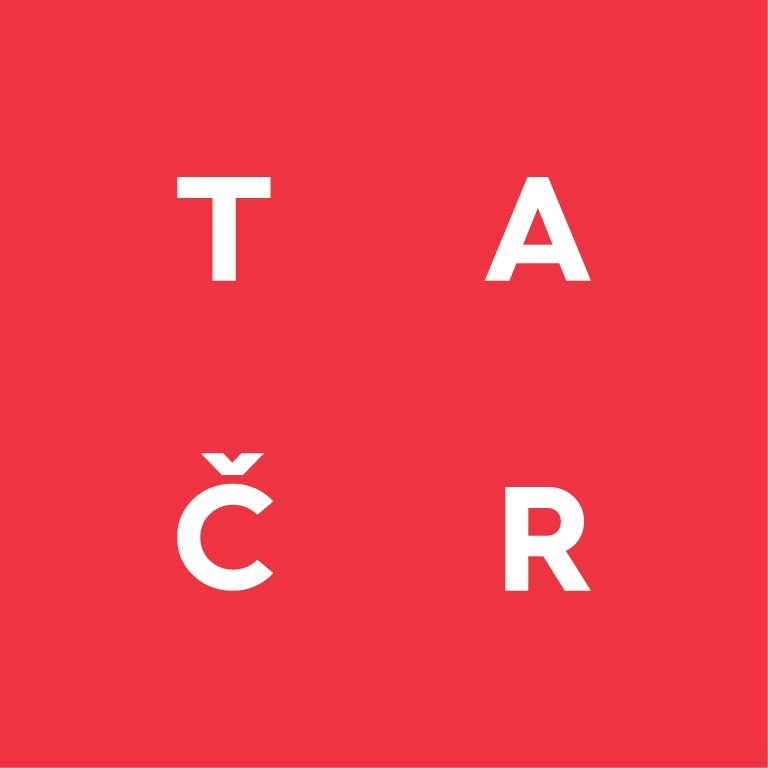This website uses cookies so that we can provide you with the best user experience possible. Cookie information is stored in your browser and performs functions such as recognising you when you return to our website and helping our team to understand which sections of the website you find most interesting and useful.
Vyhledávání
What are sub-projects
The sub-projects of the NCC for MATCA are aimed at implementing innovation and research objectives of the Centre. The sub-projects are approved by the Council and implemented jointly by selected consortium members. The formulation of the sub-projects is coordinated by the General Manager who is also in charge of their implementation. Any sub-project outputs are available to consortium members as well as to external institutions.
Even if project proposals undergo an in-depth assessment and approval procedure, the Centre’s mechanisms are set up to enable the launching of a project almost immediately. This allows the NCC for MATCA to respond to any emerging industrial requirements in a very flexible way.
Commercial and social responsibilities
Topics dealt with in the sub-projects of the NCC for MATCA are based not only on commercial but also on social demand. As a result, the Centre’s focus is not only on the most commercially attractive stages of the product life cycle, but it also subscribes to the responsibility for the terminal stages of the product life cycle, in which obsolete products need to be safely disposed of. Therefore, out development projects cover the entire product life cycle:
- A smart product design, including tuning and testing at the pre-production stage.
- Efficient production that saves resources and has low environmental impact.
- Repairs and restoration of functional properties, extending the active phase of the product.
- Safe and ecological waste disposal.

The implemented sub-projects include topics such as:
- Developing 3D printing and extending its applicability to various disciplines.
- Developing cutting-edge coating technologies to increase the use value of heavy-duty parts and to replace non-ecological production processes.
- Applying laser surface treatment methods in order to extend the life cycle of heavy-duty parts.
- Developing advanced production methods in precision engineering, including a highly efficient raw material input.
- Developing a hazardous waste treatment method.
Sub-project identification
At the project preparation stage, the project intent is consulted with the General Manager. The goals are:
- Consistency with the objectives of the Centre’s overall mission;
- Maximum synergies within individual projects, avoiding the exploration of similar topics in parallel;
- Identification of suitable partners and project output end-users;
- Efficient use of available funding.
A way to facilitate and accelerate the assessment and approval process is to prepare a high-quality project application. The final project application should contain the following:
- Project proposal, including its budget, investigator team, output description and implementation timetable;
- Market research;
- Risk analysis and SWOT;
- Main investigator’s CV.
Assessment and approval process
The assessment and approval process has several stages. A project application is forwarded to the Council, which elects a Council reporter, to whom the sub-project is assigned for the duration of the assessment process. The Council reporter invites two examiners to provide their technical expert opinions on the project; it is required that at least one of the experts isn’t employed by any consortium member. In the case of conflicting opinions, the Council reporter will invite another technical expert to deliver a third opinion. The next level opinion is a financial opinion; it is delivered by a representative of the Institute of Physics as the NCC project’s main investigator responsible for managing the support by the Technology Agency of the Czech Republic (TA ČR). Based on the opinions, the Council reporter draws up a final report, in which they recommend to the Council to either accept or reject the application.

When the project is approved by the Council, the project application, including the expert opinions and the final report by the Council reporter, is forwarded to the Technology Agency of the Czech Republic, which either confirms or rejects the funding for the sub-project.

 The NCK for MATCA is supported by the
The NCK for MATCA is supported by the